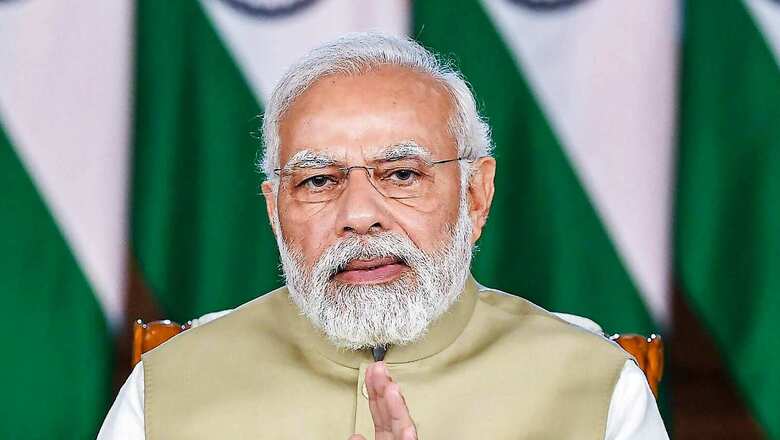
views
External Affairs Minister S Jaishankar writes in his book The India Way, “Emergence as a leading power requires great pragmatism. That can be further strengthened by more sophisticated narratives that help reconcile divergences.” If any group has the potential to serve this purpose, it is I2U2.
Prime Minister Narendra Modi joined US President Joe Biden, Israeli PM Yair Lapid and UAE President Mohammed bin Zayed Al Nahyan at the first-ever summit of I2U2 on 14 July 2022. In the four-nation I2U2 group, “I” stands for India and Israel, and “U” for the US and the UAE.
I2U2 is truly a platform for the 21st century, driven by economic pragmatism, multilateral cooperation, and strategic autonomy; this stands in sharp contrast to old groupings where religion or political ideology would matter.
It brings the UAE and Israel on the same platform, a phenomenon quite unimaginable just a few years ago. Commenting on the summit, the White House referred to the four participant countries as “important innovation hubs”, and their forming would seek to “re-energise and revitalise alliances” across the globe.
Coming to the economic pragmatism, at the summit, the UAE declared that it would include $2 billion to develop the integrated food parks across India to ensure food security in South and West Asia. What makes the proposed project unique is the guidance and solutions to be received from Israel and the US, which are more advanced in this field, to assure the sustainability of such a food park.
The I2U2 countries agreed to advance a hybrid renewable project in Dwarka, Gujarat, consisting of 300 MW of wind and solar capacity complemented by a battery energy storage system. Apart from this, these countries discussed the critical areas of cooperation like space, health, and transportation.
The grouping is also a thriving example of multilateral cooperation and strategic autonomy. The times in the past were different. In 1950, while recognising Israel, Indian Prime Minister Jawaharlal Nehru said, “We would have [recognised Israel] long ago, because Israel is a fact. We refrained because of our desire not to offend the sentiments of our friends in the Arab countries.” India couldn’t take an independent stand, without any chance of offending, in a world where alliances based on religions were strong, but now Israel and the UAE are part of the same group!
China and Iran are the countries that probably make the grouping awkward as all the I2U2 countries share different stances on them. Coming to China, the US is the most vociferous opponent and competitor in the group. India, obviously, has a topsy-turvy relationship with China, thanks to the border conflicts, but it is still far from the animosity that the US shares. The UAE and Israel are impacted by the trade war between the US and China, but both have done significantly well to maintain the balance between the powers.
Although India does have strategic interests in Iran because of the continuing construction of the Chabahar port, Israel is wary of Iran for a variety of reasons, chief among them being security concerns. Although there are still some disagreements between the UAE and Iran, such gaps are becoming less. As discussions on the United States’ possible rejoining to the nuclear agreement reached in 2015 occur behind closed doors, the contentious nature of the United States’ relationship with Iran is also becoming less severe.
Despite the fact that this new-age organisation is still in its infancy, its leaders exude a reasonable amount of hope. It would be fascinating to see how the collaboration between them develops in the future and affects the trajectory of the South and West Asian regions as a whole.
Harshil Mehta is an analyst who writes on international relations, diplomacy, and national issues. The views expressed in this article are those of the author and do not represent the stand of this publication.
Read all the Latest News, Breaking News, watch Top Videos and Live TV here.













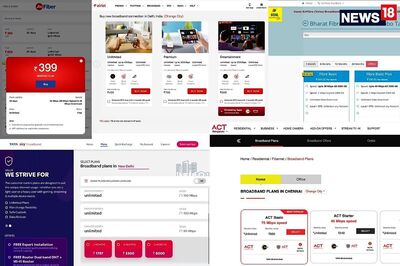
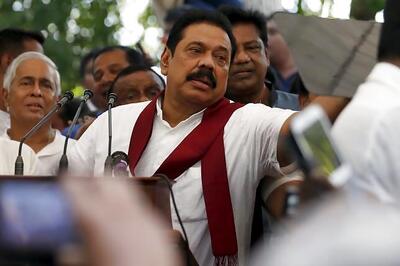
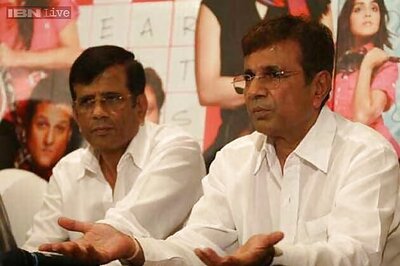
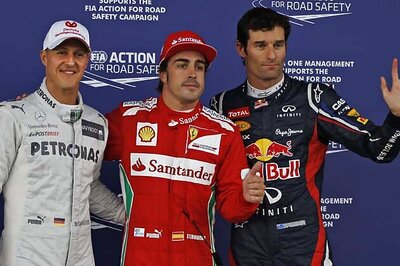

Comments
0 comment